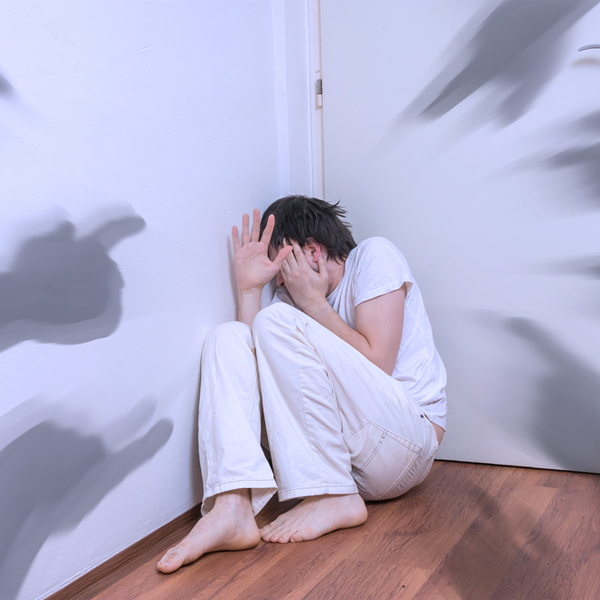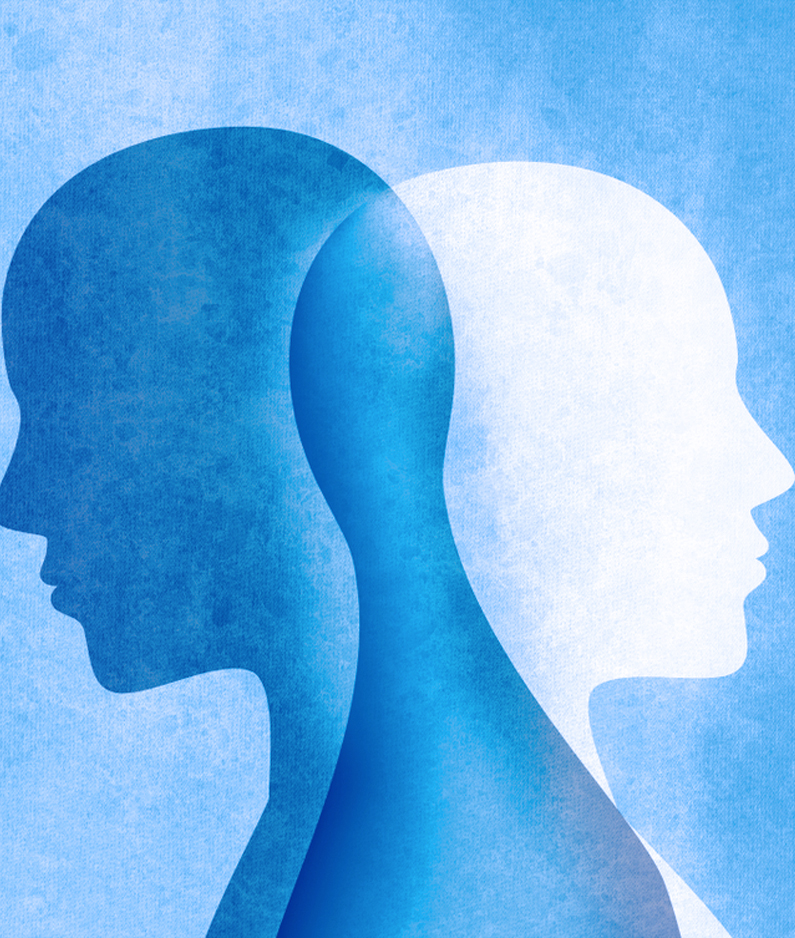
Psychotic Disorders: Symptoms, Diagnosis, and Treatment
Psychotic disorders are a group of mental health conditions characterised by a loss of contact with reality. This is often manifested through symptoms such as delusions, hallucinations, and disorganised thinking. Unlike schizophrenia, which is a specific type of psychotic disorder, the term "psychotic disorders" encompasses a broader range of conditions, each with distinct features and diagnostic criteria.
Psychotic disorders can severely impact an individual’s ability to function in daily life, but with appropriate treatment, many people can manage their symptoms effectively.
Symptoms of Psychotic Disorders
Psychotic disorders share common symptoms, including:
1. Delusions
- Fixed false beliefs that are not based in reality (e.g., paranoia, grandiosity).
2. Hallucinations
- Sensory experiences without external stimuli, such as hearing voices or seeing things that aren’t there.
3. Disorganised Thinking
- Incoherent speech, difficulty concentrating, or illogical thought patterns.
4. Disorganised or Abnormal Behaviour:
- Unpredictable or inappropriate actions, such as agitation or catatonia.
5. Negative Symptoms:
- Reduced emotional expression, lack of motivation, or social withdrawal.


How Psychotic Disorders Differ from Schizophrenia
- Schizophrenia requires symptoms to persist for at least six months and significantly impair functioning.
- Other psychotic disorders may have shorter durations or less severe symptoms.
- Schizophrenia includes both positive symptoms (e.g., hallucinations, delusions) and negative symptoms (e.g., emotional flatness, social withdrawal).
- Other psychotic disorders may lack prominent negative symptoms.
- Schizophrenia is typically a chronic condition with no single identifiable trigger.
- Other psychotic disorders may be triggered by specific factors, such as substance use, medical conditions, or extreme stress.
While schizophrenia is a type of psychotic disorder, not all psychotic disorders are schizophrenia. Key differences include:
1. Duration and Severity:
2. Specific Symptoms:
3. Triggers:
Types of Psychotic Disorders
Chronic condition with persistent symptoms lasting six months or more.
Combines symptoms of schizophrenia with mood disorders (e.g., depression or bipolar disorder).
Sudden, short-term episodes of psychosis lasting less than one month.
Persistent delusions without other psychotic symptoms (e.g., hallucinations).
Psychotic symptoms triggered by drug or alcohol use.
Psychosis caused by physical health issues (e.g., brain injury, epilepsy).

Treatment Options Based on NICE Guidelines
- The National Institute for Health and Care Excellence (NICE) provides evidence-based recommendations for treating psychotic disorders. Treatment options include:
- First-Generation Antipsychotics (FGAs): Such as haloperidol or chlorpromazine.
- Second-Generation Antipsychotics (SGAs): Preferred due to fewer side effects (e.g., lanzapine, risperidone, quetiapine).
- Medication is tailored to individual needs and monitored for effectiveness and side effects.
- Cognitive Behavioural Therapy for Psychosis (CBTp): Helps individuals challenge and change unhelpful thoughts and behaviours.
- Family Intervention: Involves family members in treatment to improve communication and reduce relapse risk.
- Arts Therapies: Creative therapies to help express emotions and improve social interaction.
- Supported employment and education programs.
- Housing and community support services.
- Hospitalisation during acute episodes for safety and stabilisation.
- Crisis plans developed with healthcare providers to manage relapses.
- Regular follow-ups with mental health professionals.
- Monitoring for physical health issues, as psychotic disorders are associated with higher risks of conditions like diabetes and cardiovascular disease.
1. Antipsychotic Medication:
2. Psychological Therapies:
3. Social and Vocational Support:
4. Crisis Management:
5. Long-Term Management:
How New Healing Solutions Clinic (NHSC) Can Help
At New Healing Solutions Clinic (NHSC), we provide expert assessment and evidence-based treatment for psychotic disorders, following NICE guidelines. Our services include:
Accurate Assessment and Diagnosis:
- Comprehensive evaluation using NHS-recommended tools.
- Identification of individual needs and treatment goals.
Personalised Treatment Plans:
- Antipsychotic medication, psychological therapies, and social support tailored to each individual.
- Regular follow-ups to monitor progress and adjust treatment as needed.
Confidential Care:
- Your privacy is our priority. All consultations are strictly confidential.

Take the First Step Toward Recovery
If you or a loved one is struggling with symptoms of a psychotic disorder, don’t wait to seek help. Contact New Healing Solutions Clinic (NHSC) today for an expert assessment and personalised treatment plan. Begin your journey to improved mental health and well-being.
Address
Woodland Drive Medical Centre Woodland Drive Barnsley S70 6QW
Contact NHSC today
01226 282 535Send us a Mail
info@newhealingsolutions.co.ukOpening Time
9am to 5pm - Monday to Friday

